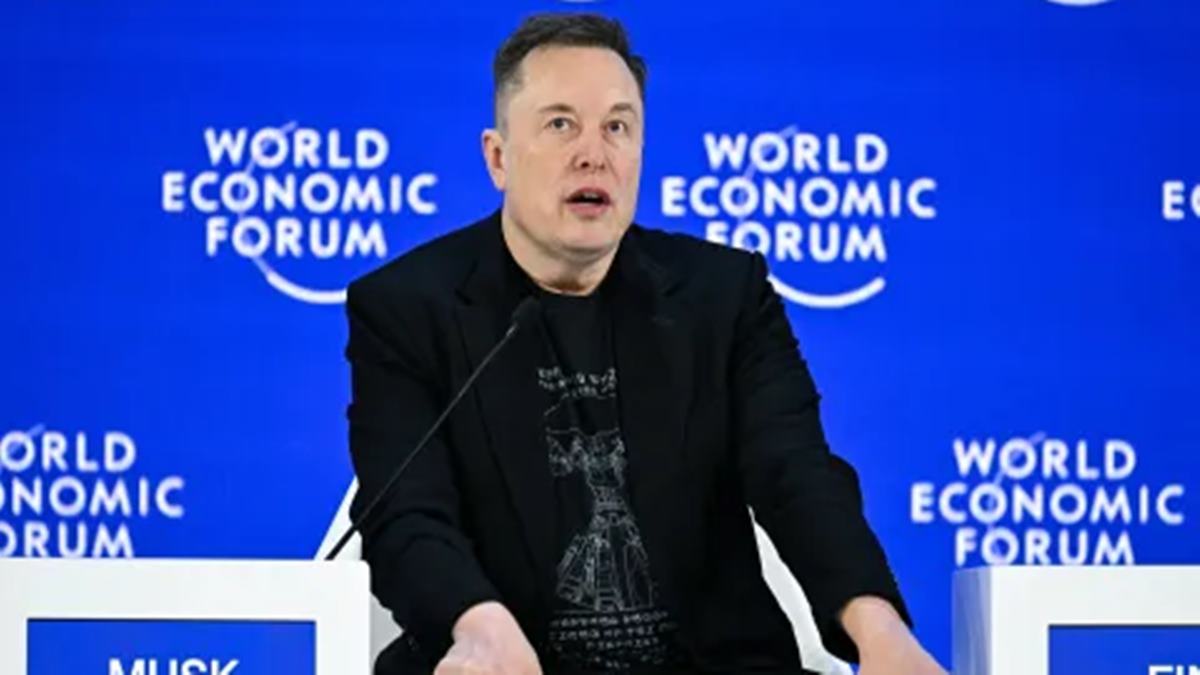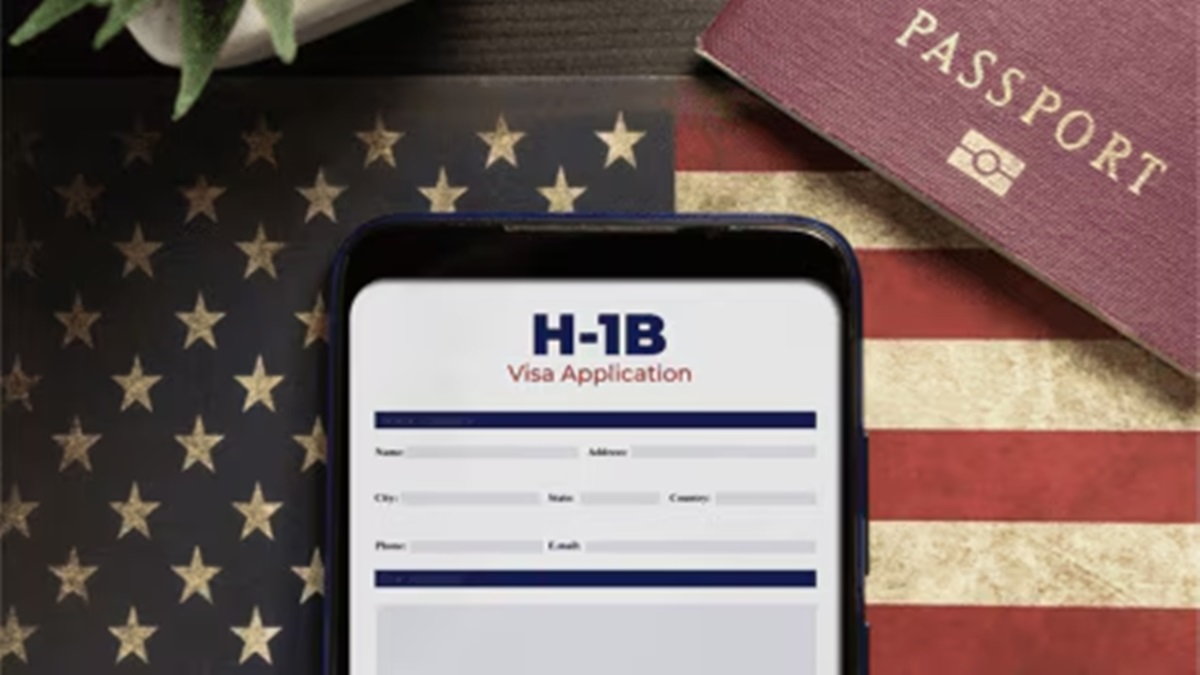The White House has begun implementing new changes to the H-1B visa program that could reshape how US companies hire skilled foreign workers. The proposed rule, “Reforming the H-1B Nonimmigrant Visa Classification Program,” was listed in the Federal Register at the end of September as part of a broader plan to tighten employment-based immigration rules.
The Department of Homeland Security (DHS) said the proposal aims to “revise eligibility for cap exemptions, provide greater scrutiny for employers that have violated program requirements, and increase oversight over third-party placements.” According to DHS, the changes are intended “to improve the integrity of the H-1B nonimmigrant program and better protect US workers’ wages and working conditions.”
Key Changes Proposed
The H-1B visa program allows US employers to hire foreign nationals in “specialty occupations.” The rule proposes to:
- Narrow the definition of “specialty occupation,” possibly limiting eligibility to jobs requiring degrees in a “directly related specific specialty.”
- Review and restrict exemptions from the annual visa cap that currently apply to universities, research institutions, and health care organizations.
- Increase oversight of companies that place workers at client sites.
- Tighten compliance standards for firms that previously violated labor or wage rules.
These steps follow earlier measures, including a new $100,000 fee for many H-1B petitions filed after September, which drew opposition from health care and education sectors.
Trump‘s continuing H-1B crackdown
In September, Trump signed a proclamation requiring a $100,000 payment to accompany or supplement new H-1B visa petitions for workers outside the US. The measure was announced as part of a broader effort to restrict the entry of certain foreign workers and tighten oversight of the visa system. Trump described the move as necessary to protect American workers and ensure that US companies hire foreign professionals only when no qualified domestic candidates are available.
When introducing the policy, Trump said the United States needs highly skilled talent, but the system must no longer be used to undercut local wages. He stated, “We need workers, we need great workers, and this pretty much ensures that that’s going to happen.” The new rule, he explained, would make companies “think twice before hiring abroad simply because it’s cheaper,” arguing that employers should bring in foreign professionals only when essentials.
Following concerns from businesses and visa holders, the administration clarified that the $100,000 fee would apply only to new H-1B visa applicants and not to those already living or working in the United States. It also said that renewals and returning visa holders would be exempt from the new charge.
Alongside these measures, Trump announced new visa categories under what he called the “Gold Card” and “Platinum Card” programs. The proposed system would allow wealthy immigrants and investors to apply for long-term residence by making large qualifying contributions. He described these options as a way to attract investment and create American jobs while maintaining strict limits on employment-based immigration.
Together, these statements and policy steps marked a clear continuation of Trump’s long-standing stance on tightening the H-1B program—framing it as a matter of economic fairness, domestic wage protection, and immigration control.




















